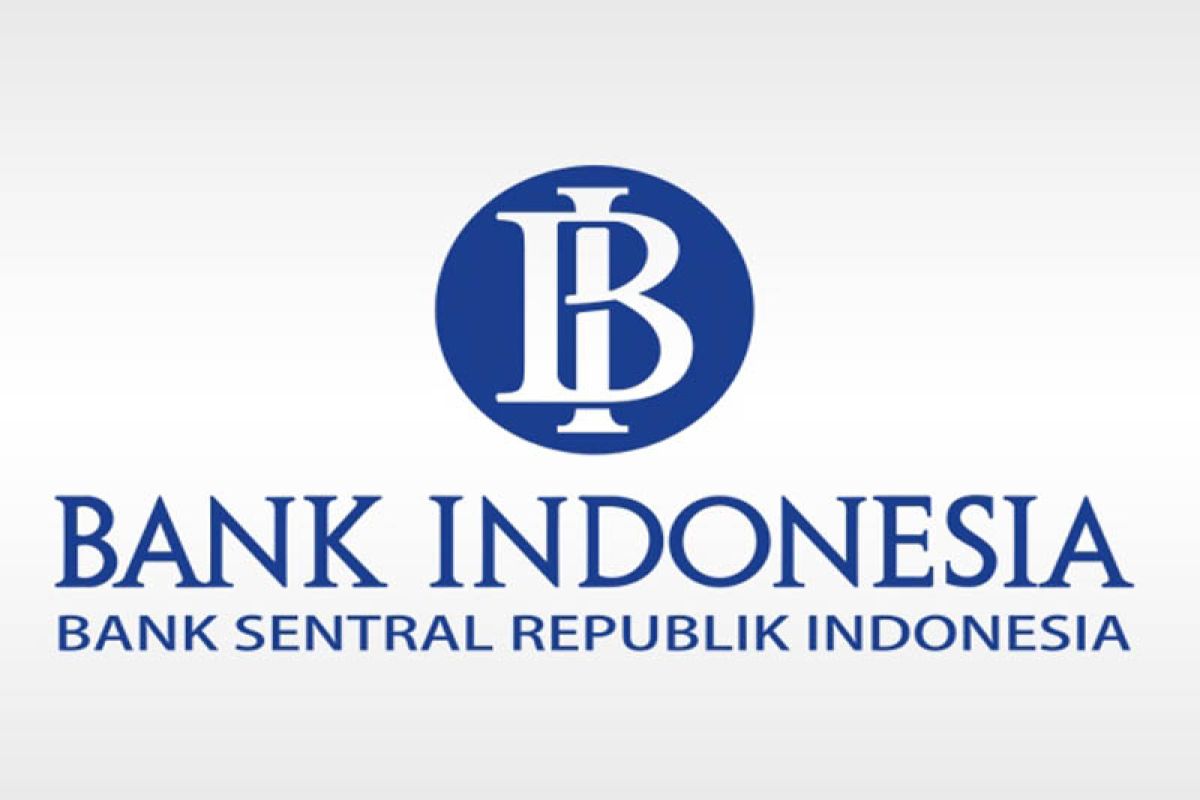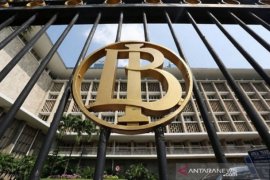The figure was equal to the financing of 7.1 months of imports or 6.8 months of imports and payment of the government's foreign debts, surpassing the international standards of three months of imports, Executive Director of Bank Indonesia's Communication Department Onny Widjanarko revealed in Jakarta on Wednesday.
Bank Indonesia believed the foreign exchange reserves were able to support the external sector resilience and maintain stability of the macroeconomic and financial system.
Foreign exchange earnings, receipts of other foreign currencies, and repayments of the government's foreign debts contributed to foreign exchange reserves worth $124.3 billion at the end of April 2019.
The central bank is also confident of adequate foreign exchange reserves of the country in future, driven by buoyancy in the good stability and prospects of the domestic economy.
Indonesia's economy recorded a 5.17 percent growth in 2018 than 5.07 percent a year earlier.
The Central Statistics Agency (BPS) had made an announcement early this month of the domestic economy recording a 5.07 percent growth in the first quarter of 2019 as compared to 5.06 percent in the same quarter last year.
However, the economic growth in the first quarter of 2019 was lesser than 5.18 percent in the previous quarter. EDITED BY INE
Translator: Ahmad Buchori, Suharto
Editor: Eliswan Azly
Copyright © ANTARA 2019







